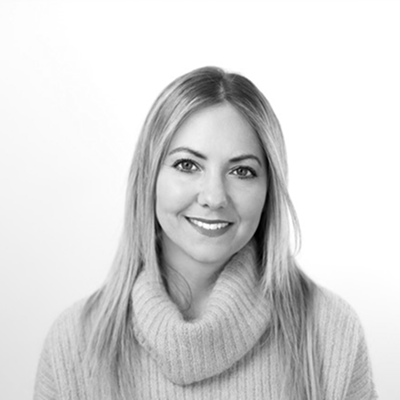
ASKING FOR A FRIEND
How do you balance pushing for brave creative work without burning out your team?
ASKING FOR A FRIEND - QUESTION
Renee’s mantra is “consistent excellence with moments of greatness.” Translation: every project doesn’t need a Cannes Lion. Smart leaders know when to sprint and when to jog. Recovery time is not a perk, it is performance fuel.
Leading a creative team means walking a tightrope between excellence and exhaustion. You want to produce brilliant work that makes clients happy and wins awards, but you also need to keep your team motivated, healthy, and engaged for the long haul.
This question was answered by Renee Hyde – Client and Agency Leadership at Howatson+Company with expertise running large integrated clients globally, with Andy – Host, CEO Streamtime moderating the discussion.
Embrace consistent excellence with moments of greatness
The key to balancing pushing for brave creative work without burning out your team lies in setting realistic expectations. As Renee explains: "We have a saying here that it is consistent excellence with moments of greatness."
This philosophy recognises that whilst you should maintain high standards across all work, not every project needs to be award-winning. Renee elaborates: "We have a really high standard in all the work that we do and we know we always want to do brilliant brilliant work for our clients across anything we're doing an email a website an ad and then every now and then you'll hit a home run."
Know when to push and when to pull back
Effective creative leadership requires reading each situation and team member carefully. Renee notes: "I think that that is the balance of a creative leader that can kind of keep an eye on each team each project make sure that they have the right balance of project shape of projects know when to push them know when this one's going to be a home run or this one's you know it's just one of those standards of excellence."
It's crucial to communicate these expectations clearly with your team. As Renee points out: "We talk to our team about that like everything can't be a 10 you know there will be we want everything to be brilliant but we're not making you know a Cannes Lion winning ad every day of the week."
Build in recovery periods
Recognising the natural peaks and troughs in creative work is essential for preventing burnout. Renee emphasises: "I think the other piece is and we've talked about a lot is recovery so there are peaks and troughs in our business your new business pitching is another really good example of this and the next question around the awards season again is another great example of really busy peak times."
The responsibility lies with leadership to actively manage these cycles. Renee explains: "We know and we are responsible as leaders to help people kind of have those recovery moments make sure people the great advantage of flexibility in this era is that people can have that kind of hybrid working if there's if there's moments where you've just delivered a big project we've just delivered a big project for Allianz and the team have had a little break you know there has to be those kind of rest and recovery moments."
Question unrealistic creative leadership
If you're working in an environment where every brief is treated as make-or-break, it might be time to reassess the leadership approach. Renee suggests: "If you're working in a creative department where every brief needs to be a black brief I would perhaps question the creative leadership because that's not humanly possible."
The creative industry shouldn't operate like an extreme sport. As Andy confirms: "It's not an extreme sport no we're not prepared enough to behave like that constantly."
Creating sustainable creative excellence
Balancing pushing for brave creative work without burning out your team comes down to smart leadership that understands human limitations whilst maintaining high standards. It's about creating an environment where consistent excellence is the norm, with space for those magical moments of greatness to emerge naturally.
Remember that sustainable creativity requires both ambition and compassion. By setting clear expectations, building in recovery time, and knowing when to push versus when to support, you can foster a team culture that produces brilliant work without sacrificing wellbeing.
our guests
Industry Leader
.png)
Renee Hyde
Howatson+Company
Mental Health Expert

Sharon Draper
The Conscious Project
Host

